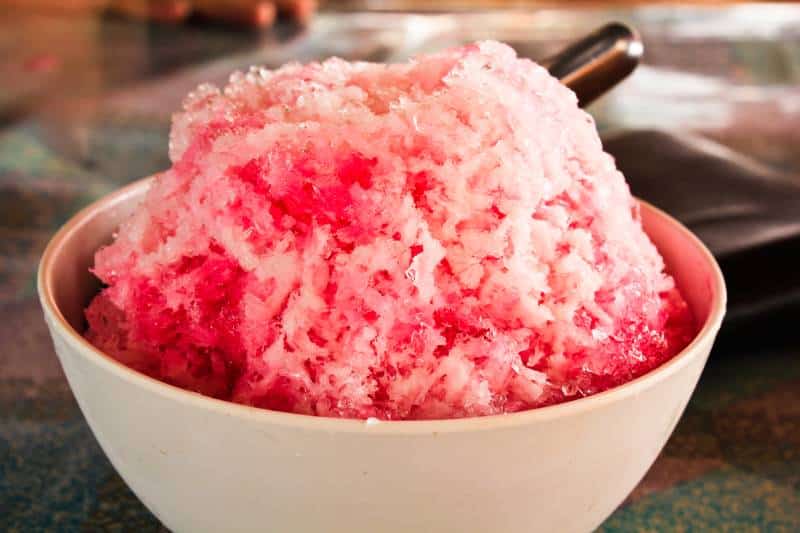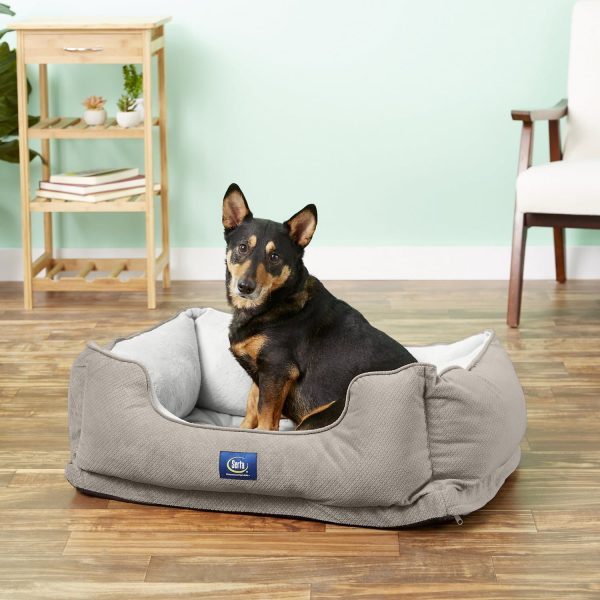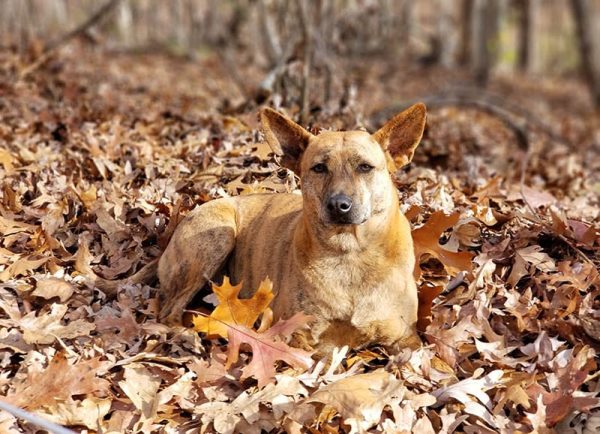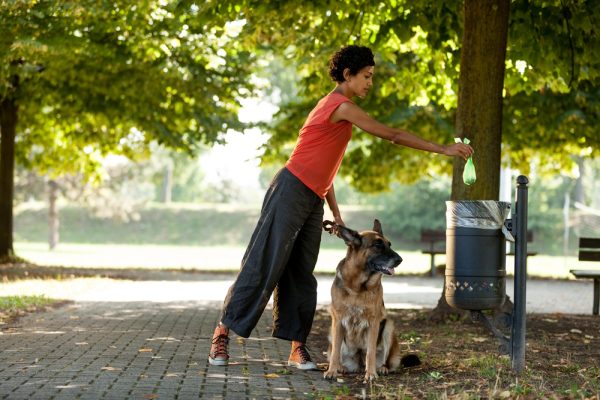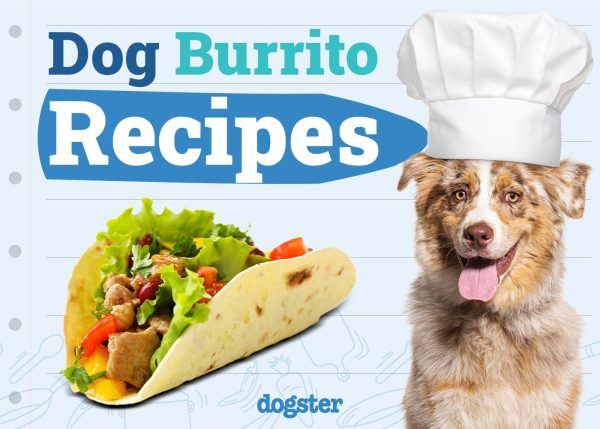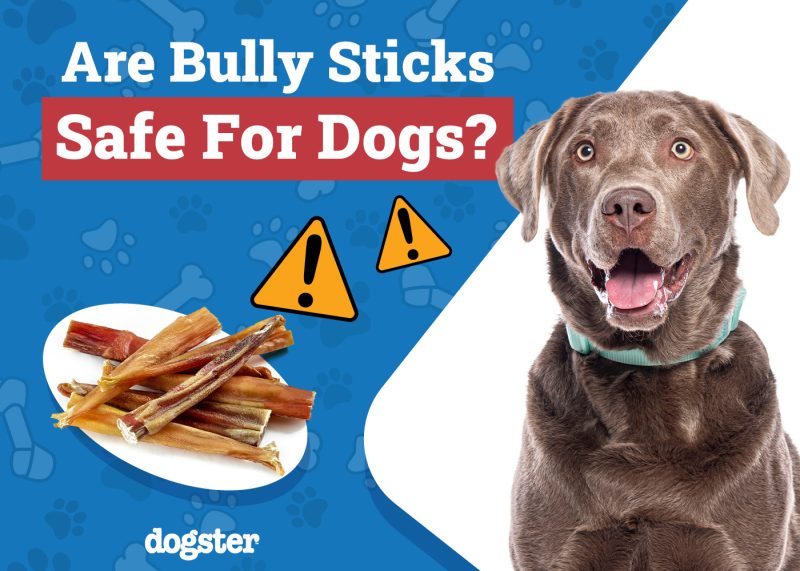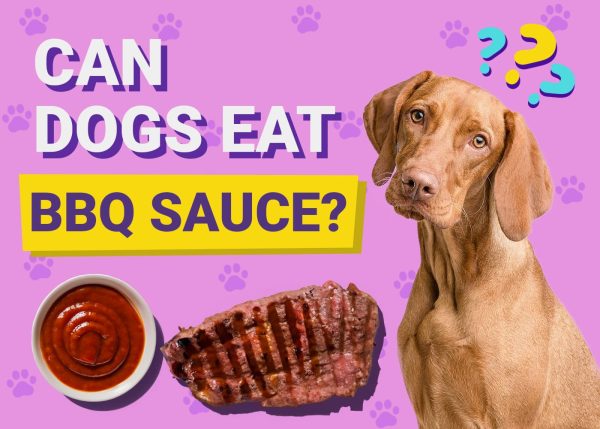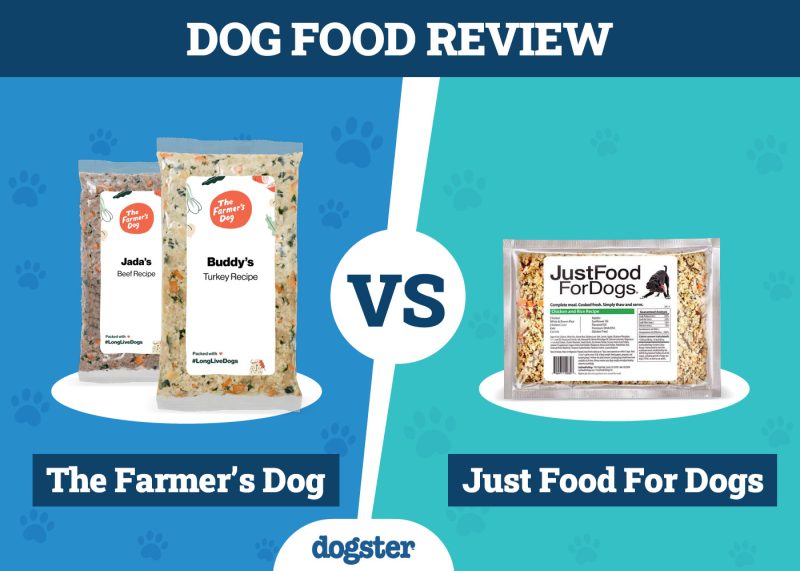Few treats are better for cooling us down on a hot summer day than a crisp, flavorful snow cone. As the furriest members of the family, our dogs can often use the relief from the heat more than anyone. There are several ways to let your best friend enjoy a snow cone, but with the wrong ingredients, you can also turn this delightful refreshment into an unhealthy and risky snack.

Why Dogs Can’t Eat Some Snow Cones?
Dogs can eat some snow cones if they’re primarily water, and contain safe, non-toxic ingredients. Ice cubes aren’t ideal for dogs due to the choking hazard and the potential for damaging their teeth, but the shaved ice in snow cones is easy to swallow and quick to melt, relieving any substantial dangers.
On a hot day, a snow cone can provide cooling relief and a healthy supply of water, which helps prevent the threat of exhaustion or dehydration. The biggest worry with any snow cone isn’t the ice but the flavoring.
Many of the syrups in snow cones have more sugar than your dog should eat. Depending on the sweeteners, they may even be toxic.
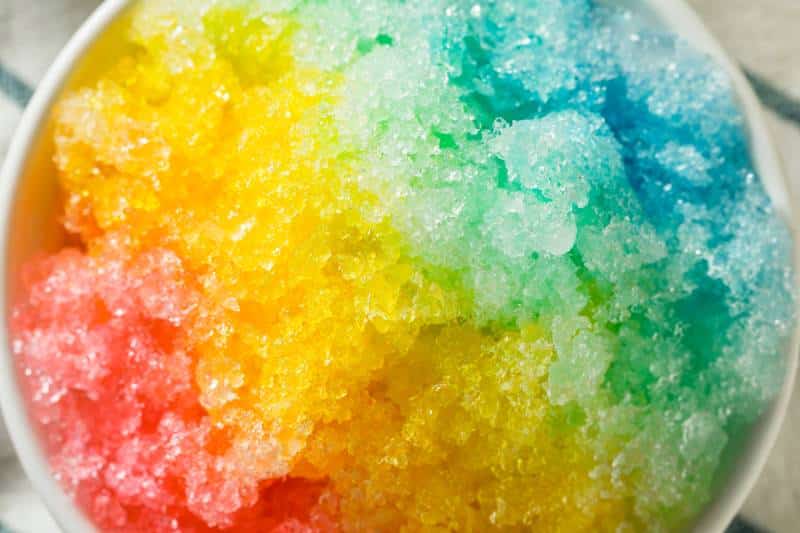
Sugar
In moderation, natural sugars in fruits and vegetables are generally safe for your dog, as are added sugars in treats, which should only account for up to 10% of a dog’s daily diet. The sugar content in an average snow cone with flavored syrup is likely more than your dog needs, even for a large breed.
Too much sugar can cause several immediate issues, including an upset stomach, gas, diarrhea, and vomiting.
- Obesity
- Diabetes
- Pancreatitis (painful inflammation of the pancreas)
Xylitol
Xylitol is a common artificial sweetener in sugar-free gums, candies, and baked treats. It is toxic to dogs. Even in minute doses, xylitol can cause hypoglycemia through a surge of insulin released from the pancreas.
- Vomiting
- Diarrhea
- Weakness
- Ataxia (coordination problems)
- Seizures
In worst-case scenarios, xylitol poisoning can lead to liver failure and possibly death. If you flavored your snow cone with xylitol and your dog had a taste, contact your veterinarian immediately and follow their advice.
Other artificial sweeteners, such as sorbitol, aspartame (Equal), saccharin (Sweet’N Low), sucralose (Splenda), and stevia, are not considered toxic to dogs. In excess, they can cause GI discomfort similar to sugar.
As it isn’t always clear what kind of sweetener is in various flavorings, it’s generally best to play it safe and keep artificial sweeteners, colors, and flavors away from your dog.
If you need to speak with a vet but can't get to one, head over to PangoVet. It's our online service where you can talk to a vet online and get the advice you need for your pet — all at an affordable price!

What Kind of Snow Cones Can I Offer My Dog?
A dog-specific recipe is the best choice if you want your pet to enjoy a snow cone. With a formula devoted to your pet, you can ensure they only receive a healthy assortment of ingredients. Plus, you’ll have a better chance of your dog liking it!
Making dog-friendly snow cones is easy and only requires fresh fruits or veggies and ice.
- Pumpkin
- Raspberries
- Watermelon
- Strawberries
- Carrots
- Peas
- Blueberries
- Bananas
- Cucumbers
- Peaches
- Pears
- Apples
First, purée your dog’s favorite choices in a blender until smooth. Then, crush the ice cubes in a blender or snow cone machine. Put the crushed ice in a bowl or cup, and pour the pureed flavoring over the top to mix it in.
Alternatively, you can freeze your pureed mix in ice cube trays. Once frozen, put the frozen fruit and veggie cubes in a blender to crush them, and serve!
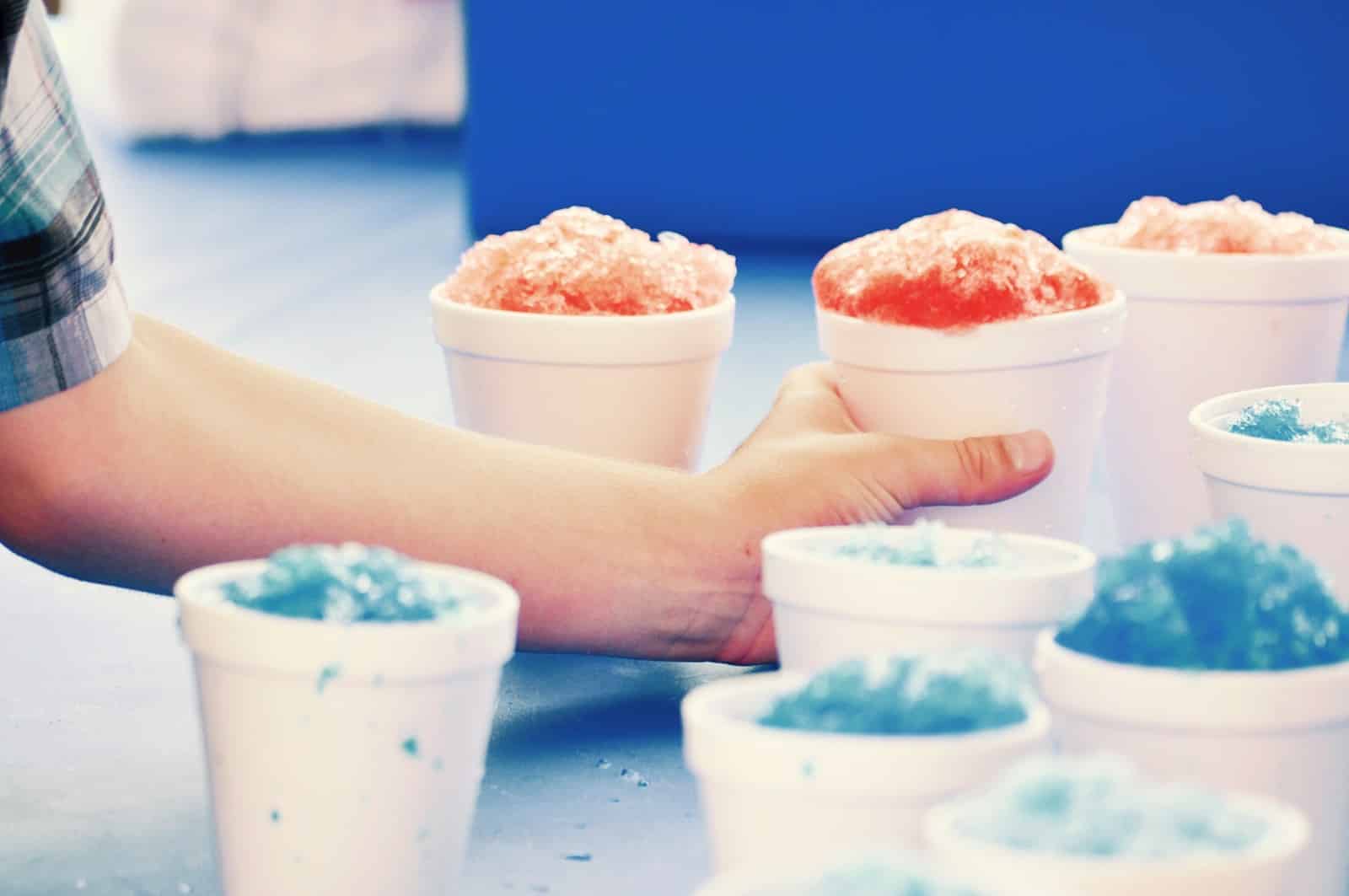
Can Dogs Eat Ice Cream Cones?
The same concerns for snow cones apply to ice cream. Ice cream cones aren’t hazardous to dogs, but they are unhealthy. The high sugar content can cause nausea and other gastrointestinal issues, and any sugar-free or low-carb ice cream featuring xylitol is toxic.
To make matters worse, dogs are often lactose intolerant, lacking the enzymes needed to digest milk. Too much cream can cause GI issues like diarrhea, gas, and stomach aches if the sugar doesn’t bother them. A healthier alternative is a non-dairy ice cream or frozen yogurt, though you should only serve them in moderation.

Conclusion
Snow cones are a tasty treat even your dog can enjoy, provided you give them custom flavoring. While the random bite of the standard syrup-infused snow cone probably won’t hurt them, you should skip the high-sugar treats whenever possible, and avoid toxic artificial sweeteners.
However, you can make dog-friendly snow cone flavors at home to treat your pet for the ultimate relief when the temperatures rise.
See Also:
- Can Dogs Eat Syrup? Vet-Reviewed Nutrition Facts & Info
- Can Dogs Eat Ice Cubes? Facts, Fun Ideas & Precautions
Featured Image Credit: nomadphoto, Shutterstock
